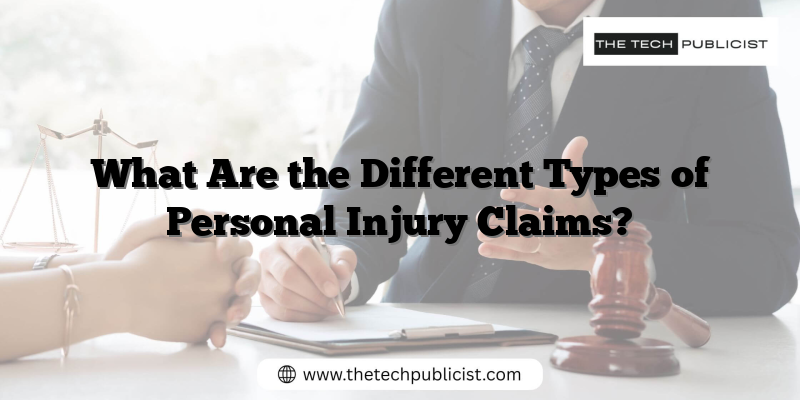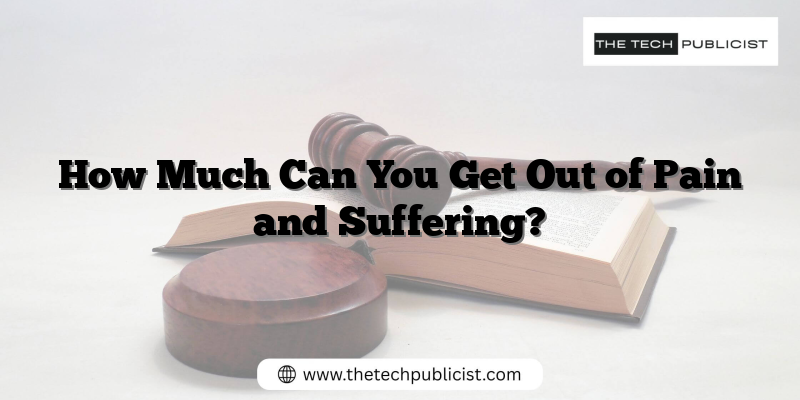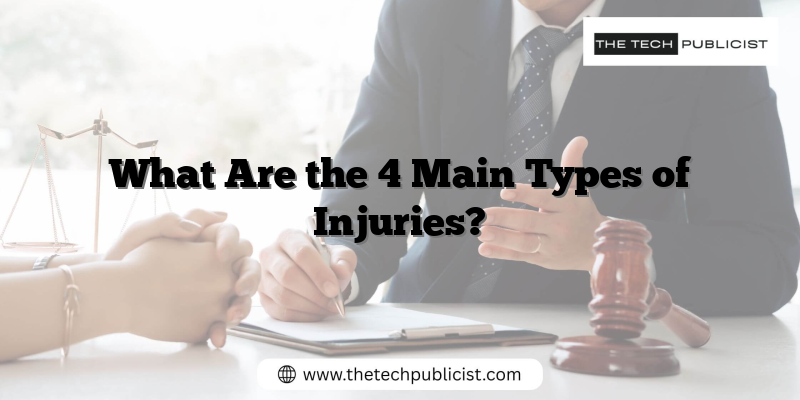What to Know / Key Takeaways
- Personal injury claims arise from negligence or wrongful conduct.
- Common types include car accidents, slip and fall incidents, medical malpractice, workplace injuries, and product liability.
- Understanding your rights is crucial in pursuing compensation.
- Gathering evidence is vital to substantiate your claim.
- Consult a legal professional for tailored advice and assistance.
What Are the Different Types of Personal Injury Claims?
In a world where accidents and injuries can strike unexpectedly, understanding the landscape of personal injury claims becomes essential. Personal injury law exists to protect victims who have suffered harm due to another’s negligence or wrongful actions. This comprehensive guide outlines the various types of personal injury claims, helping victims understand their rights and potential avenues for compensation.
Understanding Personal Injury Claims
Personal injury claims arise when an individual suffers harm due to someone else’s negligence, whether in a car accident, slip and fall, or any other scenario. These claims serve as a means to recover damages for physical, emotional, or financial harm.
Common Types of Personal Injury Claims
Car Accidents
Car accidents are among the most frequent sources of personal injury claims. When drivers fail to adhere to traffic laws or operate their vehicles recklessly, the resulting injuries can be significant. Victims may pursue claims for medical bills, lost wages, and pain and suffering.
Slip and Fall Accidents
Property owners have a legal obligation to maintain safe environments for visitors. When hazardous conditions, such as wet floors or unmarked hazards, cause injuries, victims can file slip and fall claims. Such cases often hinge on proving that the property owner was negligent in maintaining safety.
Medical Malpractice
When healthcare professionals fail to provide adequate care, patients may suffer serious injuries. Medical malpractice claims can arise from various situations, including surgical errors, misdiagnoses, or improper treatment. These claims can be complex and often require expert testimony and comprehensive evidence.
Workplace Injuries
Workers who suffer injuries while on the job are entitled to seek compensation through workers’ compensation claims. These claims can cover medical expenses and partial wage replacement. Employers are typically required to carry workers’ compensation insurance to protect employees from these unexpected events.
Product Liability
Manufacturers, distributors, and retailers must ensure their products are safe for consumer use. If a defective product causes injury, victims may bring a product liability claim against the responsible parties. Such claims often require proof that the defect was present at the time of sale and had a direct link to the injury.
FAQs
What should I do immediately after an accident?
Seek medical attention, document the scene, gather witness information, and report the incident to authorities if applicable.
How long do I have to file a personal injury claim?
Statutes of limitations vary by state and claim type. It’s advisable to consult a legal professional promptly to understand your timeframe.
What damages can I claim in a personal injury case?
You may claim medical expenses, lost wages, pain and suffering, and other related costs incurred due to the injury.
Do I need a lawyer for a personal injury claim?
While it’s not mandatory, having a lawyer can help navigate the complex legal landscape, ensuring your rights are protected and optimizing your chances for compensation.
What if I was partly at fault for the accident?
Many jurisdictions follow a comparative negligence rule, meaning you can still recover damages even if you share some responsibility, although your compensation may be reduced.
For further information and tailored advice regarding personal injury claims, consider reaching out to local legal professionals who can assist you in understanding your rights and options.

Manali is the founder and editor of The Tech Publicist, a legal-focused blog dedicated to breaking down complex legal topics into plain, practical advice. With a passion for empowering everyday readers, Manali writes about personal rights, property laws, and real-world legal situations that matter. When not decoding the law one article at a time, Manali enjoys diving into tech trends and advocating for accessible legal education.




